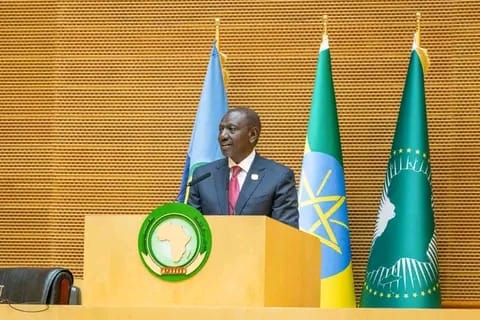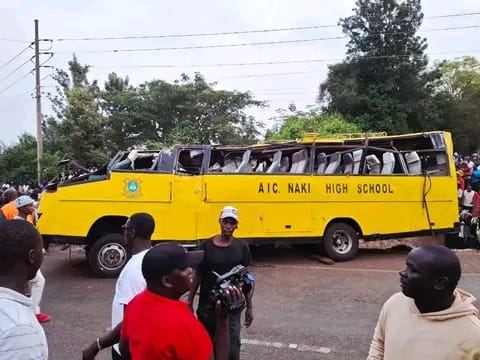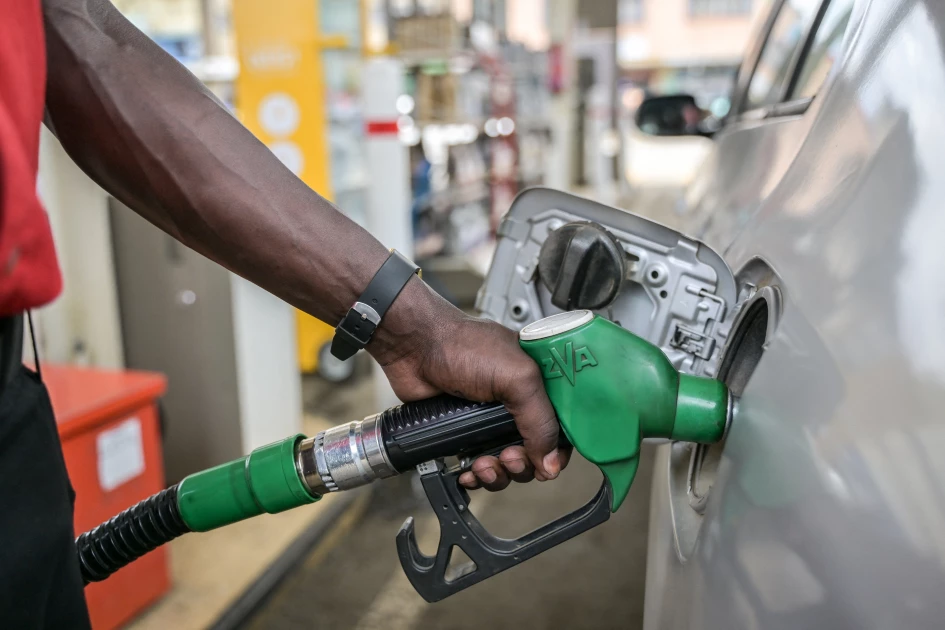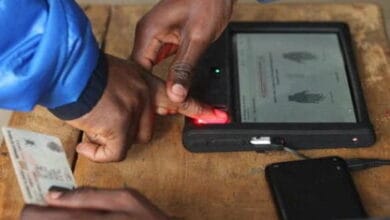
In a powerful display of solidarity, leaders from across Africa and the Caribbean are joining forces to demand immediate and comprehensive reforms to the global financial architecture, denouncing the current system as unjust and exclusionary.
The urgent call was spearheaded by Kenyan President William Samoei Ruto during a key session on international financial institution reforms at the inaugural Africa-CARICOM Summit in Addis Ababa, Ethiopia.
President Ruto argued that the Global South must speak with a unified, powerful voice to push for changes that would ease crippling financing constraints and foster sustainable development. “The Global South, including Africa and the Caribbean, must unite in a powerful voice to demand urgent reforms of the international financial system to make it just and inclusive,” Ruto stated in a social media post following the session.
The proposed reforms outline a multi-faceted approach aimed at creating a more equitable global economic landscape. Key demands include:
- Strengthening the IMF Common Framework: Advocating for a more robust and predictable framework for debt restructuring to help nations facing liquidity crises avoid protracted defaults.
- Full Replenishment of Key Institutions: Pushing for the complete replenishment of the World Bank’s International Development Association (IDA) and the African Development Bank (AfDB). This is seen as critical for providing concessional loans and grants to the world’s poorest nations.
- Capitalizing Multilateral Banks: A call to inject fresh capital into multilateral development banks (MDBs), enhancing their ability to provide large-scale funding for development projects across the Global South.
- Reforming Special Drawing Rights (SDRs): Finding innovative mechanisms to channel rich nations’ unused SDRs—a type of foreign reserve asset—to vulnerable countries, making them “work for the people.”
- Funding Green Industrialization: Driving a transition to “green industrialization” through bold investments in renewable energy and sustainable infrastructure, positioning the Global South at the forefront of the climate-positive economy.
This collective stance marks a significant strategic shift, emphasizing self-advocacy and collaboration among developing nations. The Africa-CARICOM summit itself, a historic gathering of African and Caribbean leaders, underscores a growing commitment to deepen South-South cooperation and challenge longstanding global power dynamics.
The consensus among leaders is that the existing system often perpetuates inequality, making it difficult for developing nations to access affordable financing, manage debt burdens, and invest in critical areas like climate resilience and industrialization. This united front aims to create a new paradigm that supports sustainable and inclusive growth for all.




